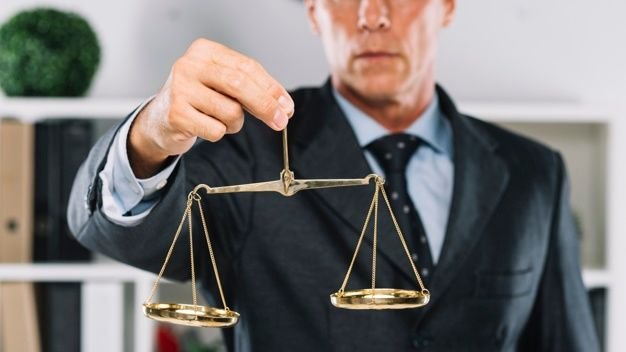The Politics of Tragedy: How We Weaponize Death

From Irina’s stabbing to Charlie’s assassination to Evergreen’s shooting, the bodies aren’t even cold before we turn tragedy into ammunition.
Last week was grotesque. Not just because of the tragedies themselves, but because of what came after.
It began with Irina, the Ukrainian woman stabbed in the throat in a subway station. A human being—someone’s daughter, someone’s friend—left bleeding out on the ground while her death was captured, replayed, and dissected online. Then came Charlie Kirk, gunned down, his assassination recorded and shared like clickbait. And just when it seemed the week couldn’t be heavier, the news broke of another school shooting in Evergreen, Colorado, where my kids know people directly affected.
Three tragedies in one week.
But the violence wasn’t the only obscenity. The aftermath was.
Before Irina’s body was even cold, the arguments began. This is what happens without justice reform. This is the failure of mental health support. This is what happens because of bail policies. Each side claiming her death as proof, using her tragedy as ammunition.
And Charlie Kirk—this is where my ire burns. Because the man was a husband, a son, a father. His two children were there. They saw, in person, what my kids saw on their phones: their father bleeding out, spurting from his neck, while he was doing what we claim to value—engaging in open dialogue.
And what followed? Not just shock or grief. Not just disagreement about who he was or what he stood for. I’m talking about celebration. Mockery. Glee. People laughing. People smugly posting, “he got what was coming.” Not trolls. Not nameless extremists in some dark corner of the web. People I know. People in my own network. People who would otherwise pass for “decent.”
There is no other word for that than indecent.
And then Evergreen. A school. Children running for their lives. Parents waiting to hear if their son or daughter would ever come home again. And before the bodies were identified, before facts were known, the political battle lines were already drawn. Was the shooter MAGA? Was he trans? Each side waiting—almost eager—for the chance to pin it on the other “team”, as if that would make it easier to weaponize.
This is what I mean by tragedy compounded. The act itself is horrific. But what follows—the dehumanization, the politicization, the weaponization—that is what corrodes us.
And here’s the hard truth: these things will happen again. Irina won’t be the last victim. Charlie won’t be the last father. Evergreen won’t be the last school. No matter how much policy we pass, no matter how much reform we design, there is no perfect society that can inoculate us from human failure. There always have been—and always will be—inhumane and indecent human beings. That part is not a choice.
What is a choice is our response.
Right now, we are a country in reaction. Political parties in reaction. Citizens in reaction. And far too many of us are reacting in ways that strip us of compassion and drag us straight into indecency. Reaction is fueled by fear, anger, rage, blame, survival. It shrinks us. It hardens us.
Reaction drives us to post venom on Facebook, to hurl blame on Twitter, to turn brother into other and harden our hearts.
But we don’t have to live in reaction. We can choose another way.
Viktor Frankl—who wrote out of the Holocaust—taught that between stimulus and response there is a space. And in that space lies our power and our freedom: the power to choose our response.
That’s the invitation. Expand the space.
Between a school shooter and the flood of commentary afterward, there is a space. Between a political assassination and the temptation to mock, to gloat, to justify, there is a space. Between a subway rider stabbed in the throat and the urge to immediately turn it into talking points, there is a space.
The question is: what do you do in that space? Do you rush to anger? To self-righteousness? To smug satisfaction? Or do you slow down enough to find your heart? To let compassion take root? To let yourself respond instead of merely react?
Because that space is where our humanity either lives or dies.
And that’s why we created Men’s Peer Groups—to expand the space. To build communities where decency can be practiced. To create circles where conservative farmers and liberal filmmakers sit side by side, where men of faith and men of doubt listen and speak, argue and still respect, learn from one another, and remember what it means to be human together. In a world of echo chambers and silos, this is a place to practice civility, compassion, meaning, and brotherhood.
Because in the end, Viktor Frankl was right:
“There are only two races, the decent and the indecent.”
—Viktor Frankl, Man’s Search for Meaning
You can’t choose to make the soul-sucking, shit-show stimuli go away. Atrocities will come. They always have. They always will. But you can choose your response.
Choose wisely. Choose to stand with the decent race.
